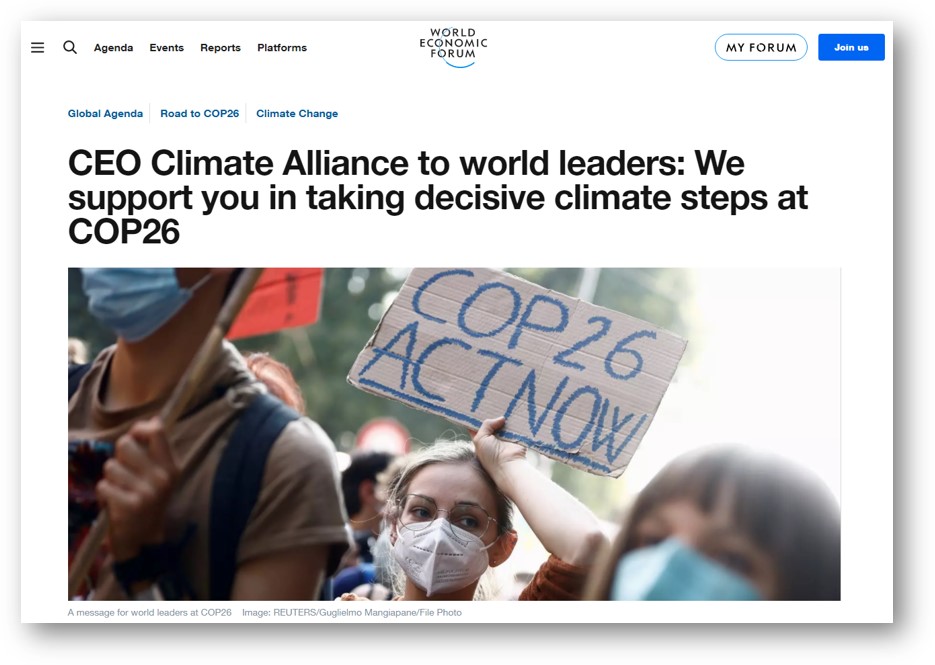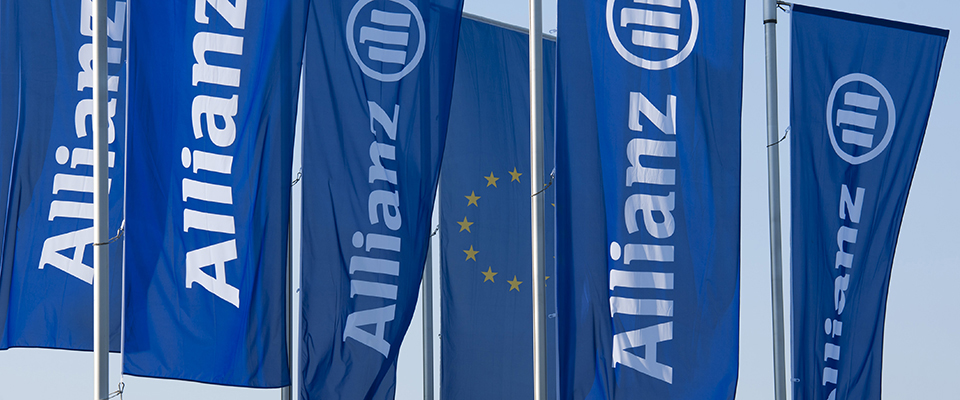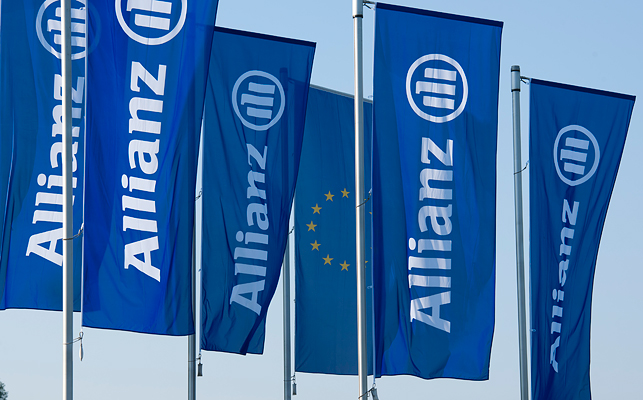The majority of international climate scientists state that we are heading towards a planetary emergency and that limiting global warming and adapting to more frequent weather extremes are crucial. The insurance sector – and especially global players like Allianz – is exposed to these risks. Climate change is increasingly affecting our business: through insurance policies, for instance, those covering health, property damage and other losses, as well as changes in sectors and business models we underwrite.
Furthermore, as a large-scale institutional investor with significant stakes in economies, companies, infrastructure and real estate, our assets are increasingly affected by climate change and scarce resources. This influences asset values and their ability to generate long-term returns. But it’s not only about a balanced portfolio – as large scale investor we are committed to driving the global transition of a 1.5°C-economy – we want to create change in the real economy.
Recognizing that climate change will impact our clients and communities in which we operate, Allianz systematically considers sustainability criteria in all insurance and investment business activities. A global challenge can’t be solved alone, and thus we gather in sector-wide networks and work with other insurance companies and international political organisations on establishing sustainability and net-zero standards for the insurance sector.
One of our flagship partnerships is the United Nations-convened Net-Zero Asset Owner Alliance (AOA), of which we are a founding member. This network of committed institutional investors now has 56 members, comprising pension funds and insurance companies representing $9.3 trillion in assets under management. The members commit to transitioning their portfolios to net-zero GHG emissions step by step latest by 2050 and will deliver to the first interim target to reduce their portfolio carbon footprint by 16% - 25% already by 2025. All members plan to regularly report on progress.
Seconding this successful blueprint, Allianz has recently joined the newly established Net-Zero Insurance Alliance and the Net-Zero Asset Manager Alliance.
Allianz helped form the Alliances because we believe capital markets are one of the most critical tools available to fight climate change. Asset owners, asset managers and insurers have a unique power to shift capital flows to speed the transition to clean energy and build the net-zero economy.
Further, we stopped financing coal-based business models already in 2015. Since then, no new investments have been allowed, equity stakes have been divested and fixed income investments made before 2015 are in run-off. Coal-based business models will be phased out in our insurance and propriety investments by 2030 (Asia 2040). In our own house, we plan to source 100% renewable power for our group-wide operations by 2023.




